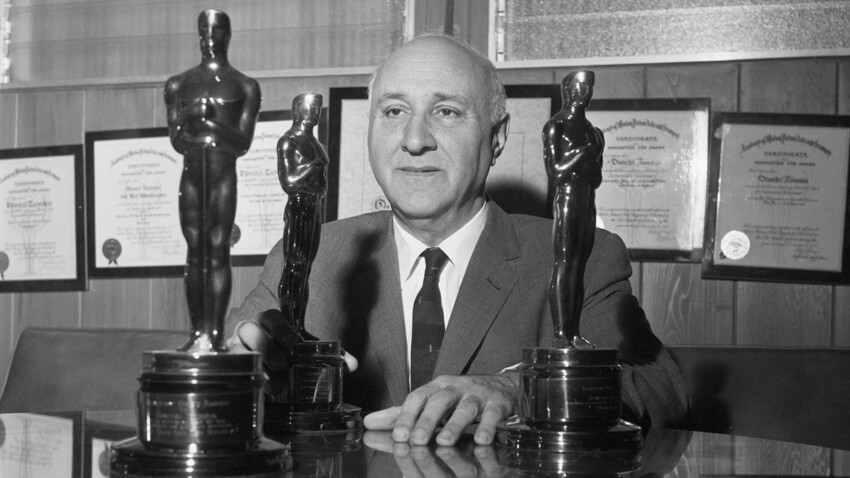
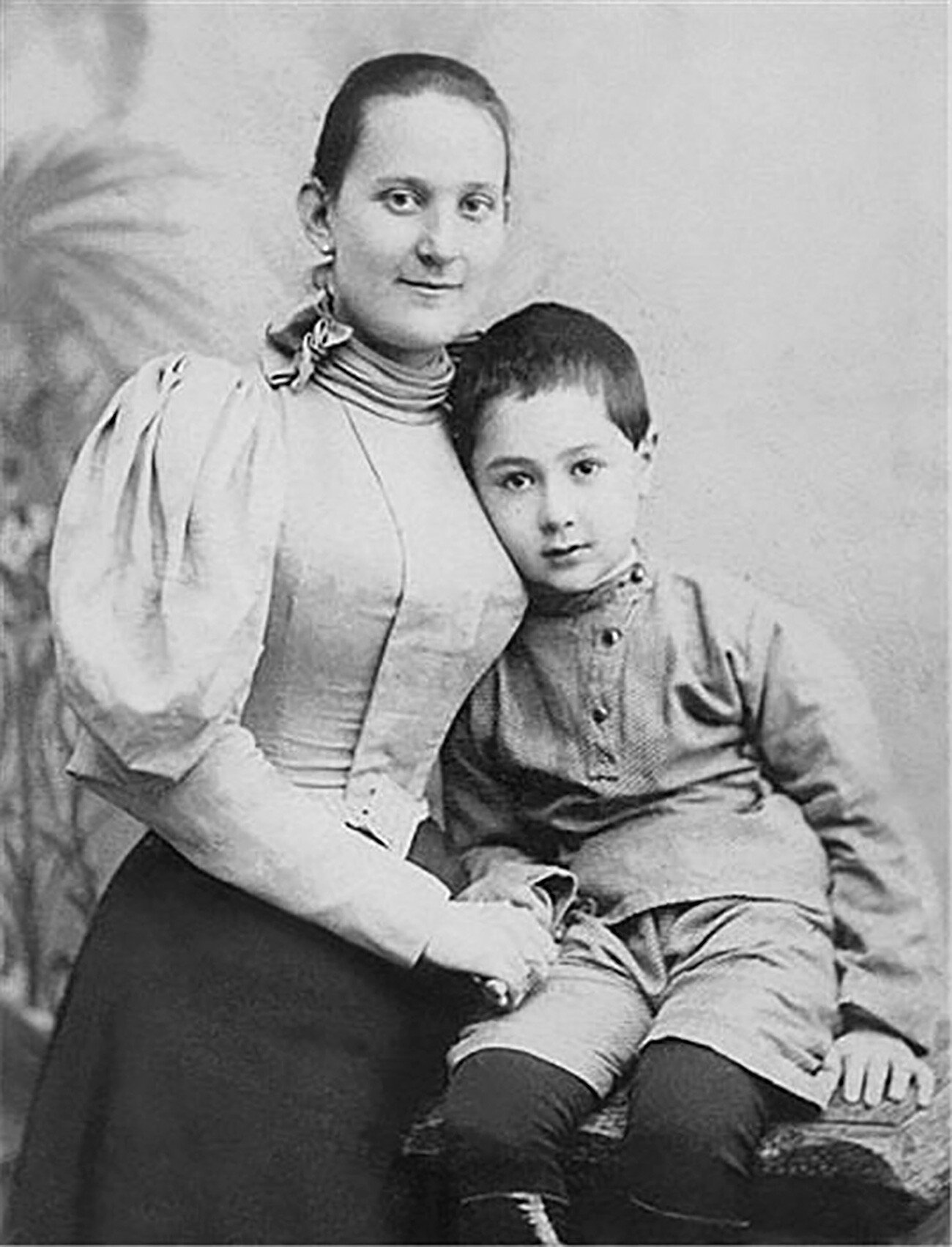
Tiomkin was a real child prodigy. A native of the Poltava Province, he entered the St. Petersburg Conservatory at the age of 13. At the same time, he worked part-time as a cinema extra and provided classical piano accompaniment for famous ballerina Tamara Karsavina. And, when evening came, he rushed to the famous ‘Brodyachaya Sobaka’ (‘Stray Dog’) cafe, where musical and literary bohemia gathered. In his memoirs, Tiomkin wrote that, there, “they received an education seasoned with laughter and extravagance. We were discovering new, modern ideas, trends and experiments.” It was also there that Tiomkin was introduced to composer Sergei Prokofiev.
After the 1917 Bolshevik Revolution, Tiomkin immersed himself in creative experimentation: he wrote music for a cyclopean production about the capture of the Winter Palace, in which 6,000 artists participated! Aritst Yuri Annenkov recalled how Tiomkin’s “creative and organizational energy was inexhaustible and extremely productive, which inspired all of the play’s writers and participants.”
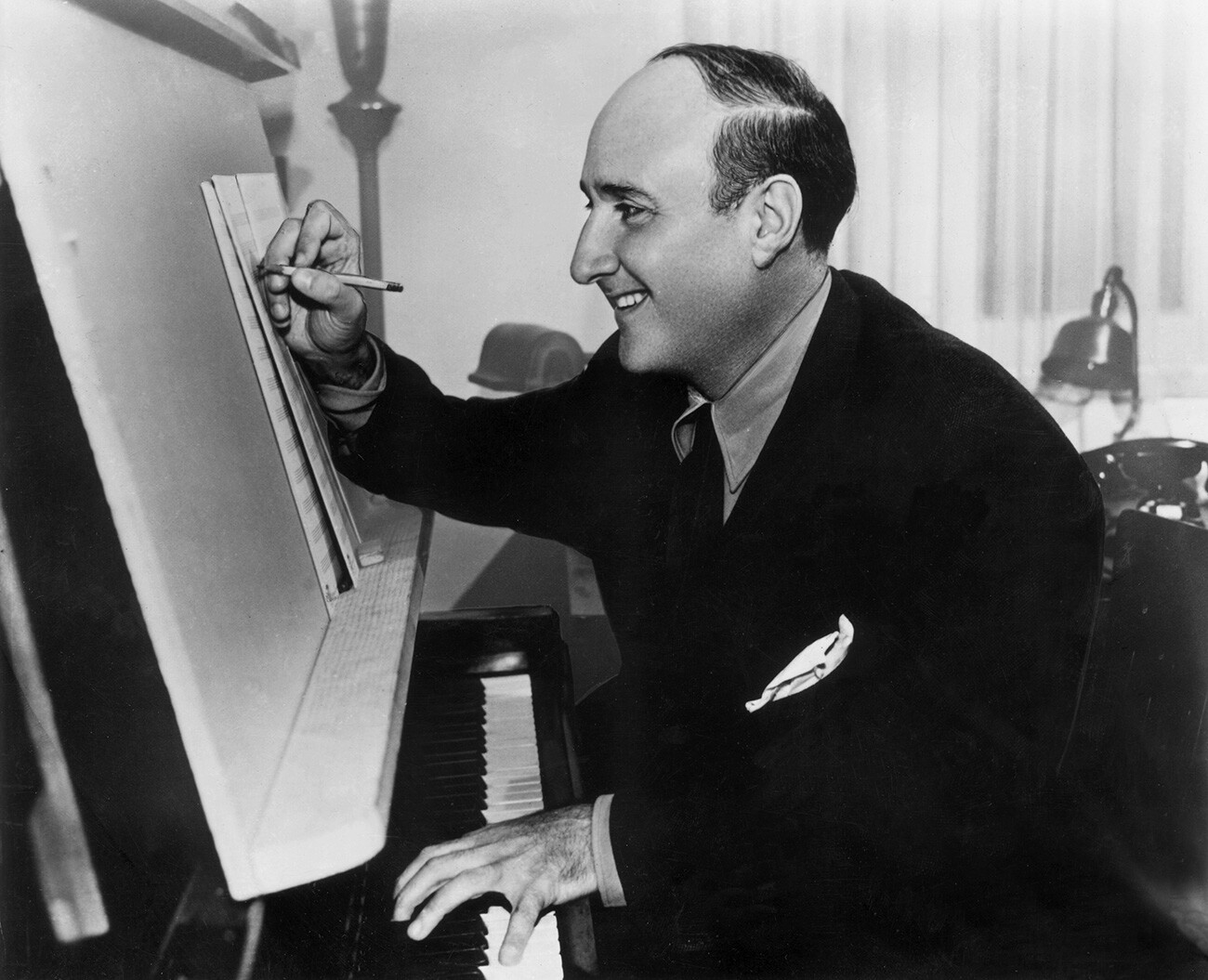
Changes in the country also affected Tiomkin. Having witnessed the arrest of his friend, general Skirsky, he decided to visit him in prison. However, he couldn’t exit, because he didn’t have the required pass. And the new guard on shift wouldn’t let him out without the piece of paper. It was only thanks to an intervention by a conservatory professor – composer Alexander Glazunov, with whom Tiomkin had studied – that he managed to leave the dungeons.
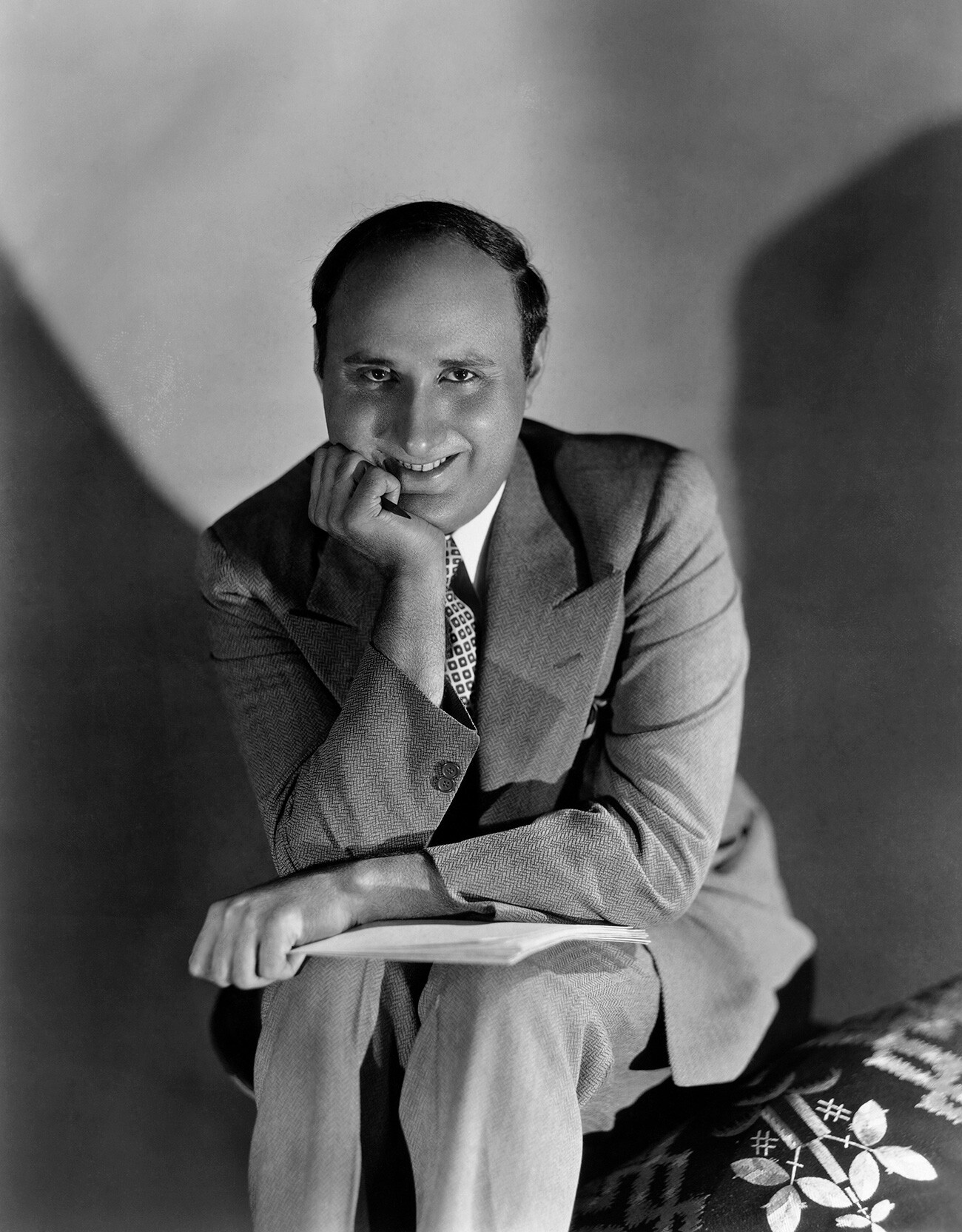
In 1921, Tiomkin left for Europe – first to Berlin, where his father lived and then to Paris. It was in the French capital that opera singer Fedor Shalyapin gave Tiomkin advice that would change his life: to go to America.
There, in the late 1920s, Tiomkin began writing music for movies; a meeting with director Frank Capra became a turning point in his career: their first movie together, ‘Lost Horizon’ (1937), brought Tiomkin an ‘Oscar’ nomination – the first of more than two dozen!
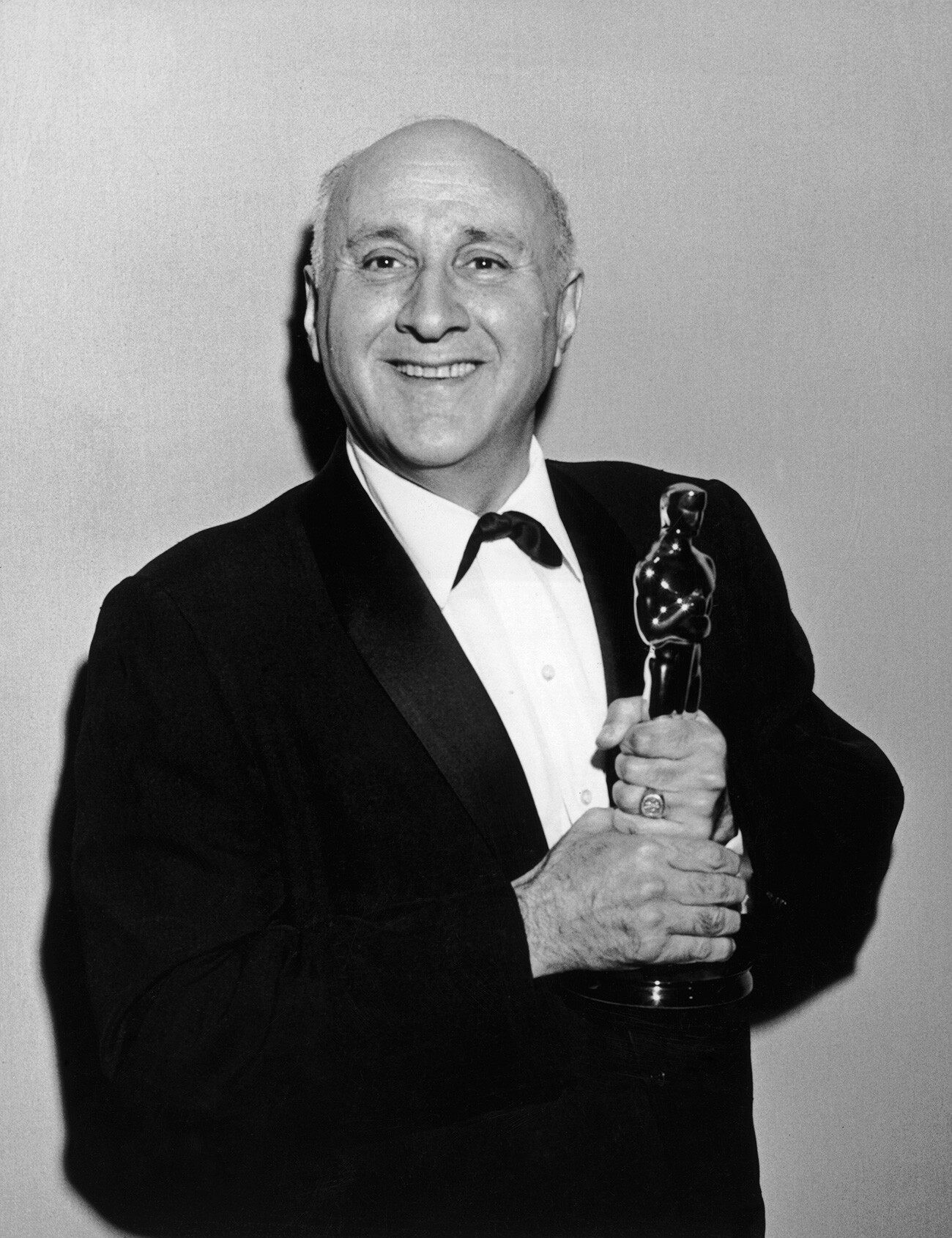
Every year on Christmas Eve, Tiomkin's music is heard in American homes - in the tragicomedy ‘It’s a Wonderful Life’ (1946). The composer’s filmography spans a good 40 years - he wrote music for more than 120 movies. Westerns, romantic comedies, film noirs, war movies, dramas and thrillers – he managed to create a musical mood for any genre. Whenever Tiomkin, who grew up in another country, was asked how he was so successful at writing music for Westerns, he would simply smile and say: “The steppe is the same, wherever you go.”
In the early 1940s, he began collaborating with Alfred Hitchcock and wrote themes for ‘Shadow of a Doubt’ (1943), Strangers on a Train (1951) and ‘Dial M for Murder’ (1954).
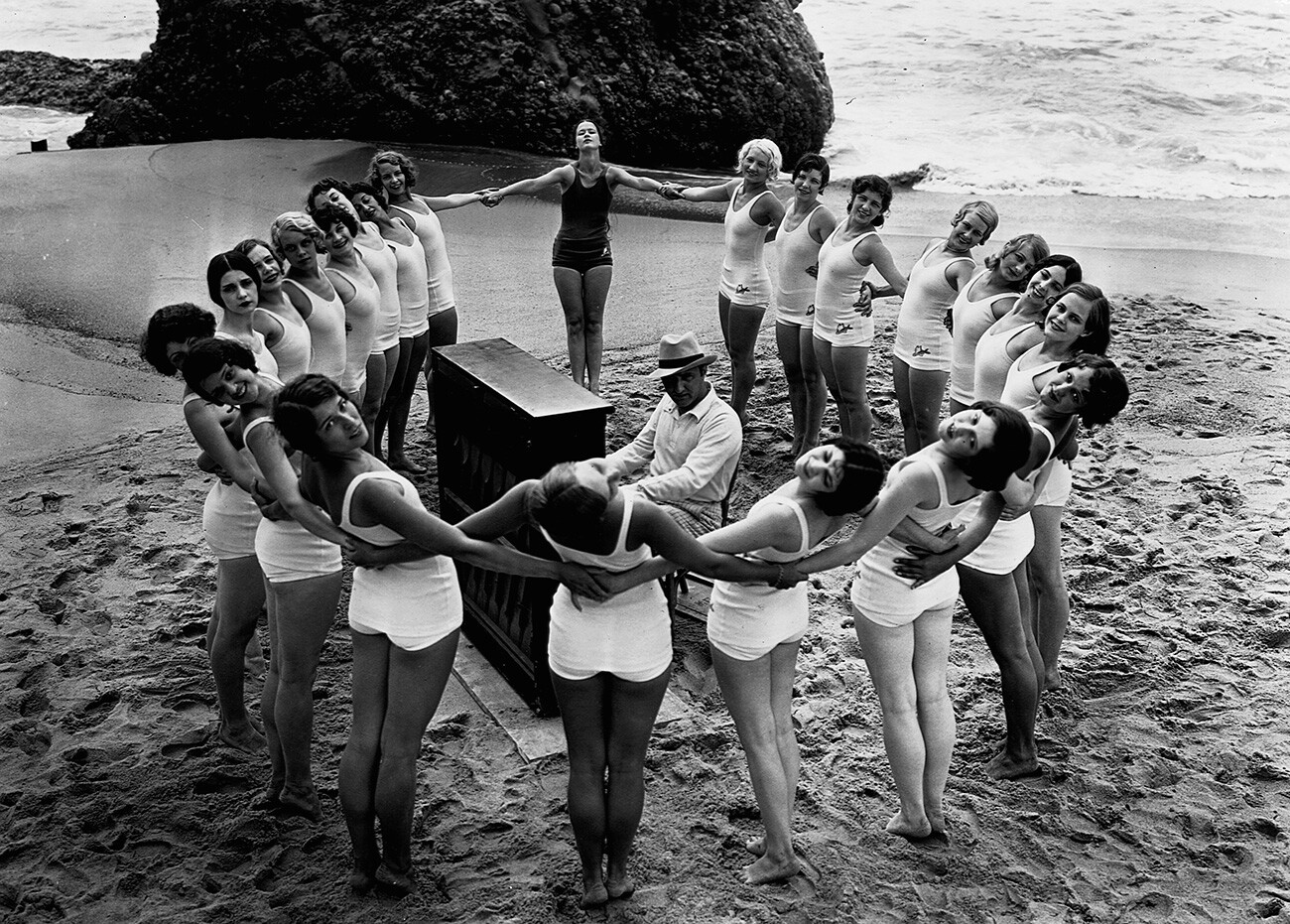
The movies of William Wyler, Howard Hawks, John Wayne and John Houston could not do without his music. In 1953, Tiomkin received two Oscars at once - for the music in the Western ‘High Noon’ (1952) and the song ‘Do Not Forsake Me’ for it.
A few years later, the composer won another Oscar for ‘The High and the Mighty’ (1954), starring John Wayne. In 1959, Hollywood again applauded the composer - he was awarded a statuette for the music for the movie adaptation of Hemingway’s novel ‘The Old Man and the Sea’. Critics widely lauded his work, claiming that it turned Spencer Tracey’s character into a symphony soloist.
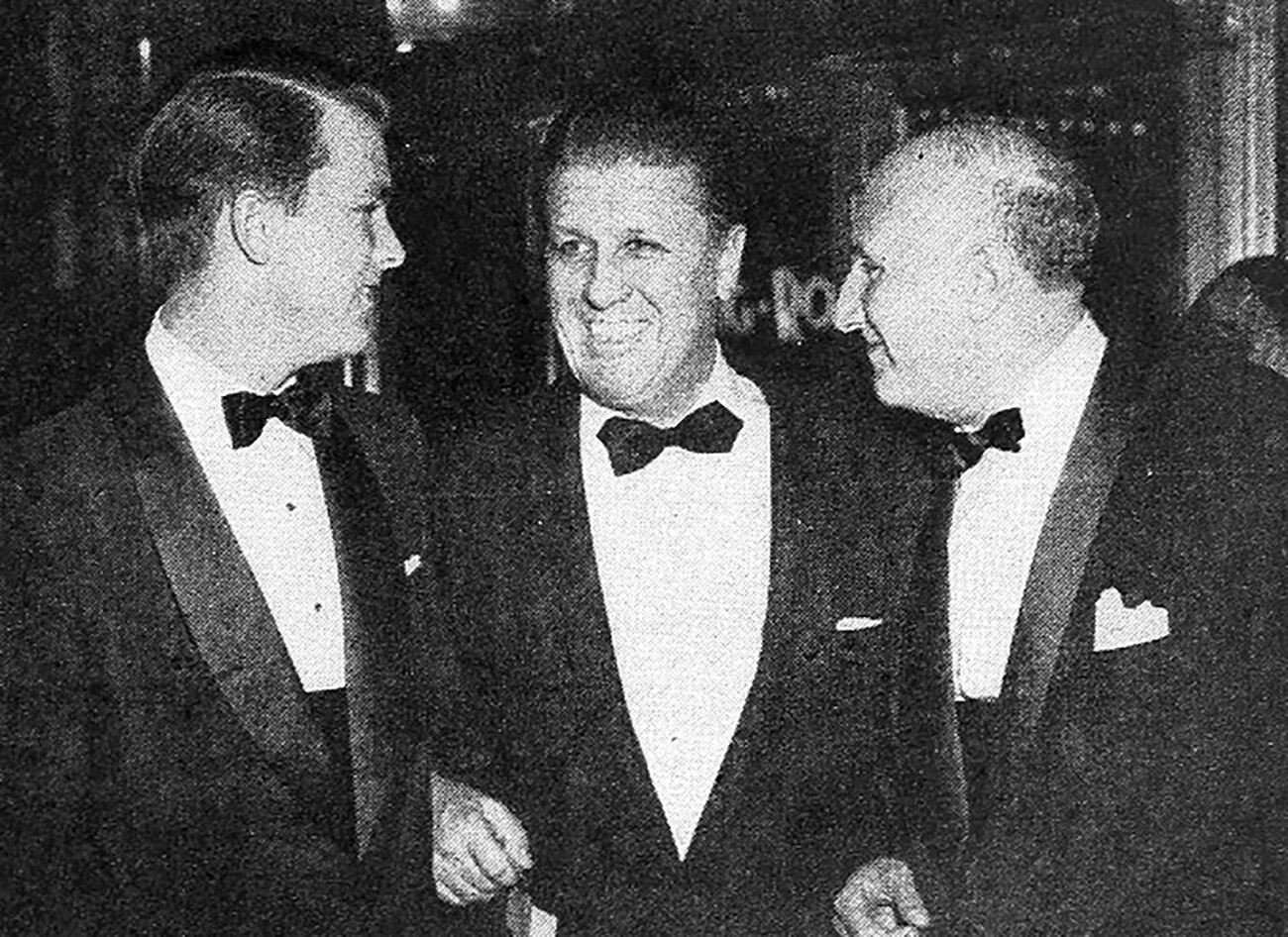
Soviet audiences, perhaps unknowingly, watched movies that Tiomkin worked on: One of them was the famous ‘Great Waltz’ (1938), about the composer Johann Strauss, where Tiomkin arranged the composer’s works. Another box office hit – viewed by more than 60 million Soviets – was ‘McKenna’s Gold’ (1969), starring Gregory Peck and Omar Sharif: Tiomkin was the producer.
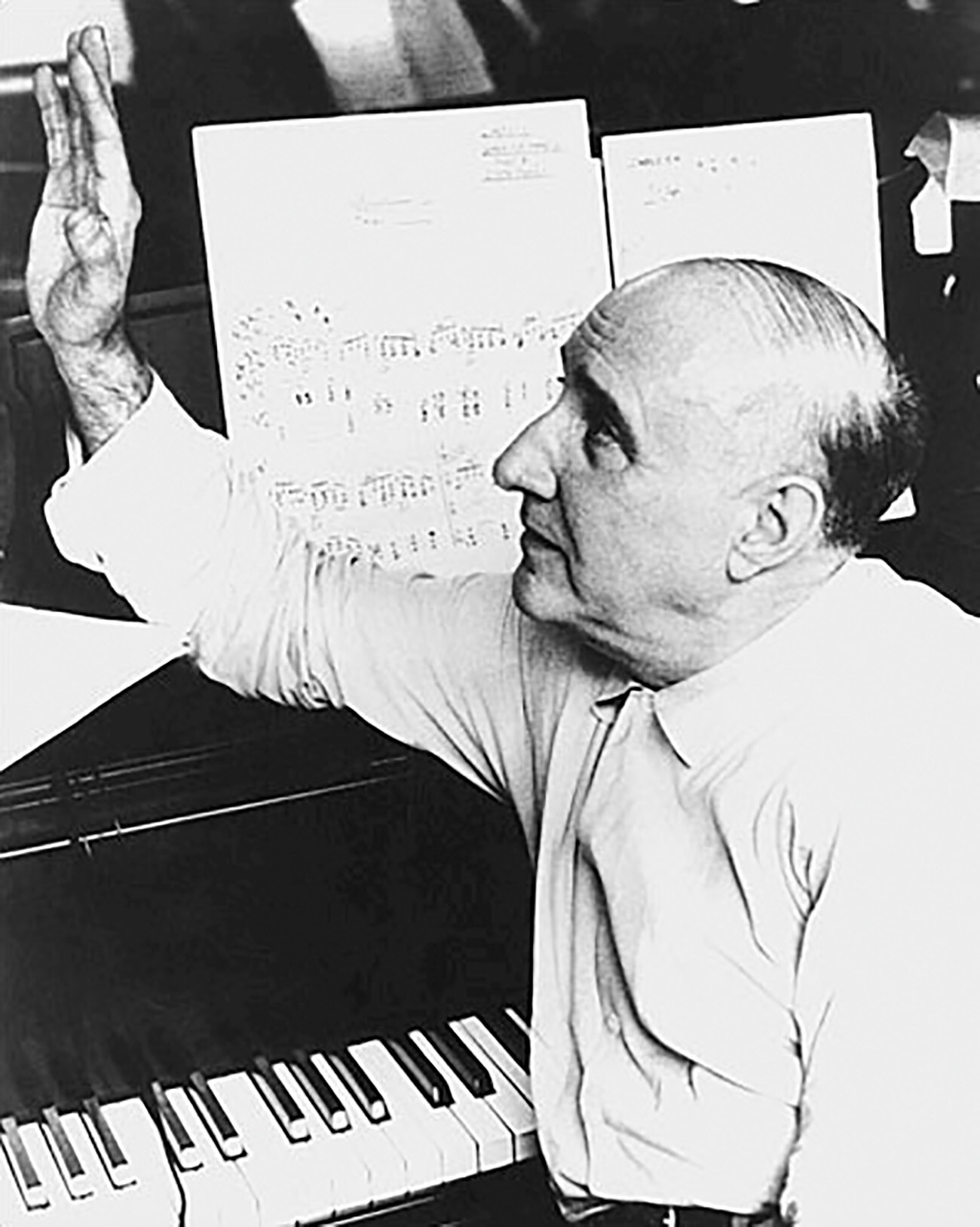
At the end of the 1960s, the composer returned to the USSR for the first time in several decades. And, again, it was music that carried him away. He wrote the soundtrack for the the movie ‘Tchaikovsky’ (1970), produced by ‘Mosfilm’. For his work, Tiomkin received his last - 22nd - Oscar nomination.
In November 1979, Tiomkin passed away.
Dear readers,
Our website and social media accounts are under threat of being restricted or banned, due to the current circumstances. So, to keep up with our latest content, simply do the following:
If using any of Russia Beyond's content, partly or in full, always provide an active hyperlink to the original material.
Subscribe
to our newsletter!
Get the week's best stories straight to your inbox